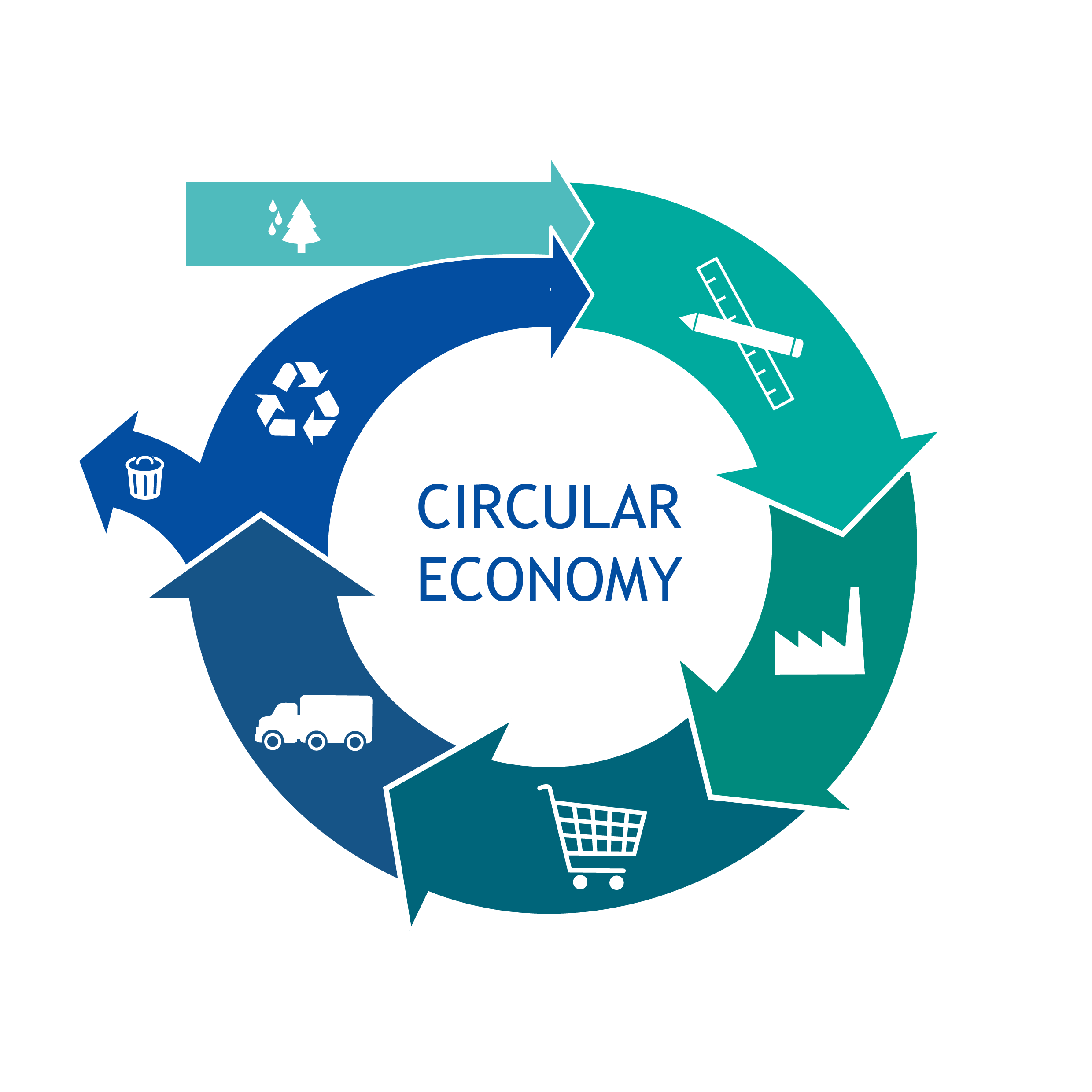What is a circular economy?
A circular economy food system is one without waste and pollution. It is one designed to keep products and materials in use, and to regenerate natural systems.
Sounds like an idyllic utopia, but what does it look like in action?
It’s a complex question to answer, but Steven Liaros, of Sydney University’s Department of Political Economy, is aiming to do just that – create economic strategies and public policy principles that would help implement a circular economy, and build more resilient and connected communities.
Mr Liaros advocates for a transition away from our current model of industrial agriculture towards a decentralised network of local and circular food systems made up of diverse and polyculture farms, each with integrated water and energy micro-grids, and each managed at a local level.
The circular economy is one where people reduce, reuse, recycle and recover. It is also a world where, in Liaros’s words, “fresh, organic and seasonal produce” can be produced with higher quality – direct from producer to the consumer.








